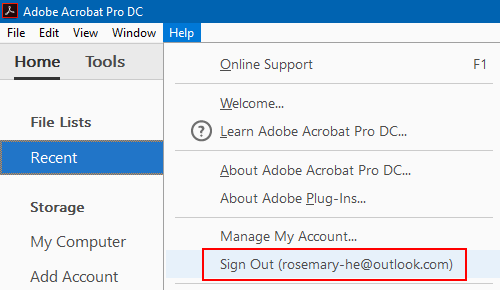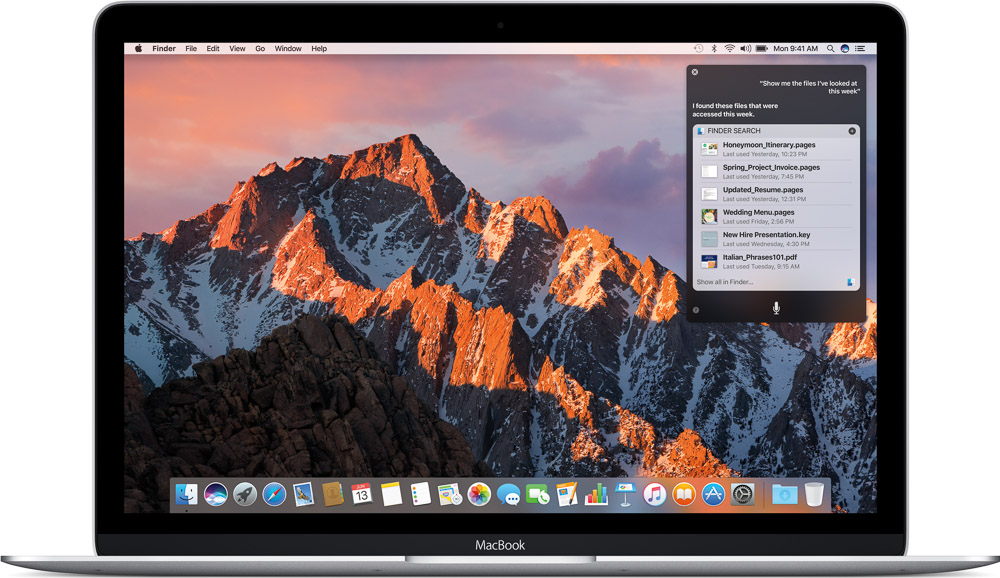
#Adobe acrobat os x constant crash mac os
Stack-based buffer overflow in Adobe Shockwave Player before 12.0.0.112 allows attackers to execute arbitrary code via unspecified vectors.Īdobe Flash Player before 10.3.183.63 and 11.x before 11.6.602.168 on Windows, before 10.3.183.61 and 11.x before 11.6.602.167 on Mac OS X, before 10.3.183.61 and 11.x before 11.2.202.270 on Linux, before 11.1.111.43 on Android 2.x and 3.x, and before 11.1.115.47 on Android 4.x Adobe AIR before 3.6.0.597 and Adobe AIR SDK before 3.6.0.599 allow attackers to execute arbitrary code or cause a denial of service (memory corruption) via unspecified vectors, a different vulnerability than CVE-2013-0647. Please note that some of the information in the bulletin is compiled from external, open-source reports and is not a direct result of CISA analysis.īuffer overflow in Adobe Flash Player before 10.3.183.51 and 11.x before 11.5.502.149 on Windows and Mac OS X, before 10.3.183.51 and 11.x before 11.2.202.262 on Linux, before 11.1.111.32 on Android 2.x and 3.x, and before 11.1.115.37 on Android 4.x allows remote attackers to execute arbitrary code via crafted SWF content, as exploited in the wild in February 2013.Īdobe Flash Player before 10.3.183.51 and 11.x before 11.5.502.149 on Windows and Mac OS X, before 10.3.183.51 and 11.x before 11.2.202.262 on Linux, before 11.1.111.32 on Android 2.x and 3.x, and before 11.1.115.37 on Android 4.x allows remote attackers to execute arbitrary code or cause a denial of service (memory corruption) via crafted SWF content, as exploited in the wild in February 2013.Īdobe Shockwave Player before 12.0.0.112 allows attackers to execute arbitrary code or cause a denial of service (memory corruption) via unspecified vectors.
#Adobe acrobat os x constant crash Patch
Patch information is provided when available.

This information may include identifying information, values, definitions, and related links. Low: vulnerabilities with a CVSS base score of 0.0–3.9Įntries may include additional information provided by organizations and efforts sponsored by CISA.Medium: vulnerabilities with a CVSS base score of 4.0–6.9.High: vulnerabilities with a CVSS base score of 7.0–10.0.The division of high, medium, and low severities correspond to the following scores: Vulnerabilities are based on the Common Vulnerabilities and Exposures (CVE) vulnerability naming standard and are organized according to severity, determined by the Common Vulnerability Scoring System (CVSS) standard.


Please visit NVD for updated vulnerability entries, which include CVSS scores once they are available. In some cases, the vulnerabilities in the bulletin may not yet have assigned CVSS scores. The CISA Vulnerability Bulletin provides a summary of new vulnerabilities that have been recorded by the National Institute of Standards and Technology (NIST) National Vulnerability Database (NVD) in the past week.


 0 kommentar(er)
0 kommentar(er)
